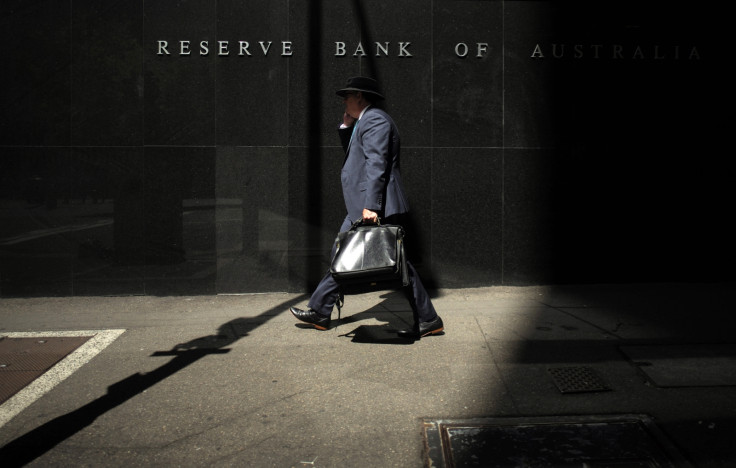Asian shares rise despite Wall Street losses
Tokyo's Nikkei benchmark index advances 0.7% to 16,709.06 points.

Most Asian markets were in positive territory on 4 October, as investors shrugged off a negative handover from Wall Street.
The region's biggest stock index, the Nikkei 225, advanced 0.7% to 16,709.06 points in the morning session.
US stocks lost ground overnight, with the Dow Jones and S&P 500 share averages both easing 0.3%.
This was despite the Institute of Supply Management's manufacturing purchasing managers' index (PMI) rising to 51.5 in September from 49.4 in August, indicating that the US factory sector rebounded.
The positive data raised expectations that the Federal Reserve could raise interest rates before the end of the year.
"Serious warning signs were flashing up when the August PMI unexpectedly dropped to a contradictory 49.4, and many were concerned that it could evolve into a more serious trend in manufacturing underperformance," said Angus Nicholson, market analyst at IG in Melbourne.
"But a surge in new orders to 55.1 and production to 52.8 helped lift the index back to a healthy 51.5 level.
"This has seen market pricing for a December rate hike from the US Federal Reserve continue to solidify."
Rest of Asia
South Korea's Kospi index gained 0.5% to 2,053.98, while in Hong Kong the Hang Seng share average was flat at 23,590 points.
Elsewhere, Australia's S&P/ASX 200 benchmark slid 0.2% to 5,467.80 points after the Reserve Bank of Australia kept interest rates unchanged as expected.
Board members voted to keep the cash rate steady at a historic low of 1.5% at the monetary policy meeting in Sydney, the first chaired by new central bank governor Philip Lowe.
"Inflation remains quite low. Given very subdued growth in labour costs and very low cost pressures elsewhere in the world, this is expected to remain the case for some time," Lowe said in a statement.
"The board judged that holding the stance of policy unchanged at this meeting would be consistent with sustainable growth in the economy and achieving the inflation target over time."
Mainland Chinese markets were closed for the Golden Week holidays.
© Copyright IBTimes 2025. All rights reserved.






















